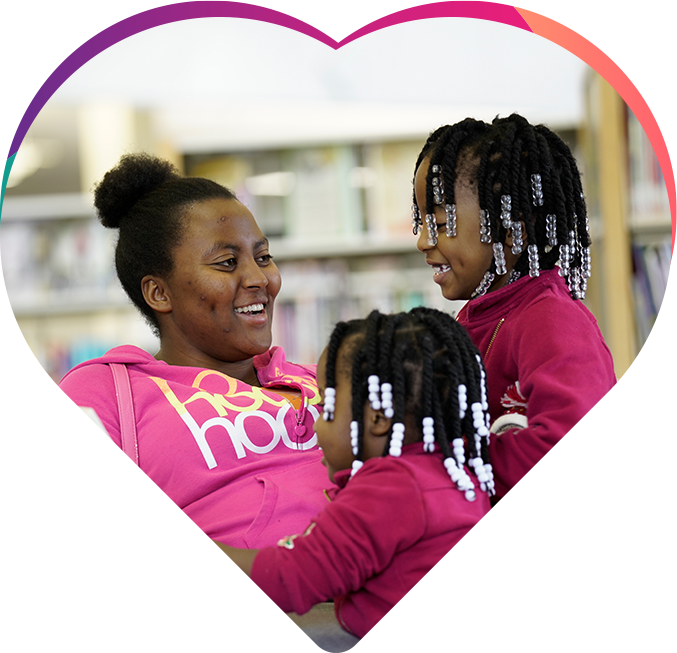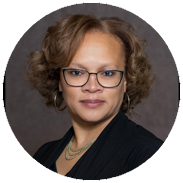Teaching with Heart, Hope, and Humanity
English language arts skills are so important to the world. We teach our students to use their multiple literacies, their ways of understanding the world, to read, write, see, explore, and share.
When we want to communicate to enact change, to impact the lives of others, we read to inform our practice and provide examples to extend our thinking. We write to convey a message that we believe our audience needs to hear or one that welcomes the input of others. We share and discuss our message to help us process, deepen, and discover our own and others’ ideas. Our literacy practices are enacted ultimately to produce change—change in ourselves, our immediate space, our community, our world.
This can be as simple as creating a poem to pen our perspective, developing a digital flier, writing a letter to support the local shelter, or creating a video for a national forum. As we celebrate the 50th anniversary of the National Writing Project and the 24th year of NCTE’s Cultivating New Voices among Scholars of Color, let us remember the importance of student literacies and the pivotal role literacy educators, communities, and families play in teaching our students to move beyond the classroom to change the world.

“The idea is to write it so that people hear it and it slides through the brain and goes straight to the heart.”
– Maya Angelou
When we dream about change, we hope for a better world. We invest in our students so that they can realize the promise they have within. As teachers, we see their brilliance and want to help each one of them reach their highest potential. The English language arts educator is the cheerleader, coach, and careful guide who works with and for their students, teaching them to develop their abilities to communicate, challenging them to design new ways of sharing, and creating readers and writers who delve deep to explore themselves and the content around them with a sharp eye. We want them to collaborate to create the synergy and change we need. Only when the promise of every child is allowed to be fulfilled do all have the opportunity to be who they are destined to be.
This call for proposals speaks to just that.
As you craft your proposals, I encourage you to consider one or more of the following questions:
-

How do we make learning actionable, relevant, purposeful, and engaging for students?
-

How do you help students use their learning in other school spaces or in out-of-school spaces to make a difference?
-

How do we create assignments that really push our scholars to think differently about learning—not just for a test, but beyond?
-

How do students use their literacies to enact change in the world?
-

How do we prepare scholars to think and collaborate?
-

How do we prepare literacy educators to teach and engage scholars?
-

How does your teaching impact learning for students and families?

When we teach our students, it is far more than teaching for that moment and far more than teaching a particular skill in isolation.
When we teach our students, the larger, more far-reaching purpose is for our scholars to learn to use the lessons from the classroom to transform their own lives and the lives of others.

